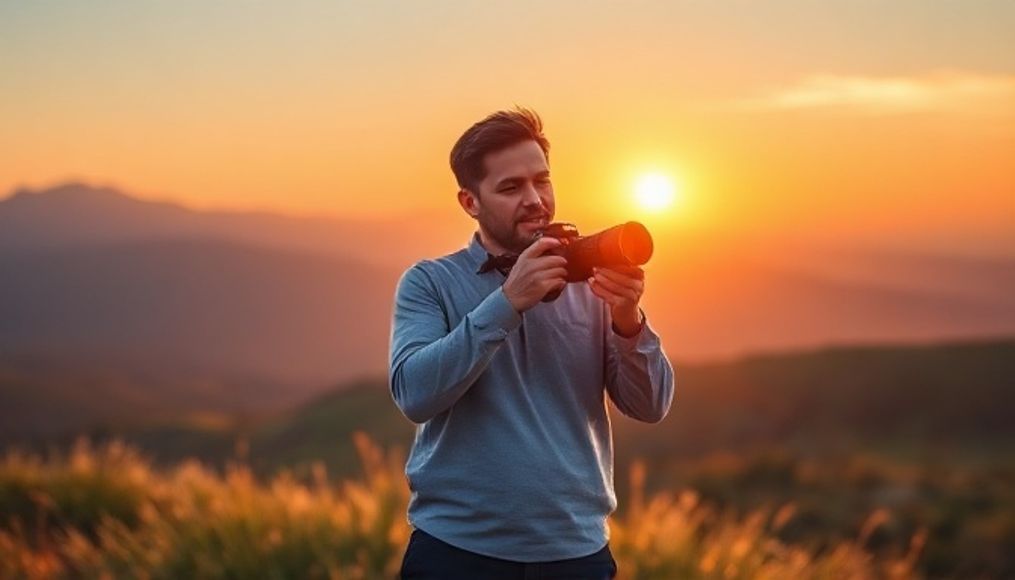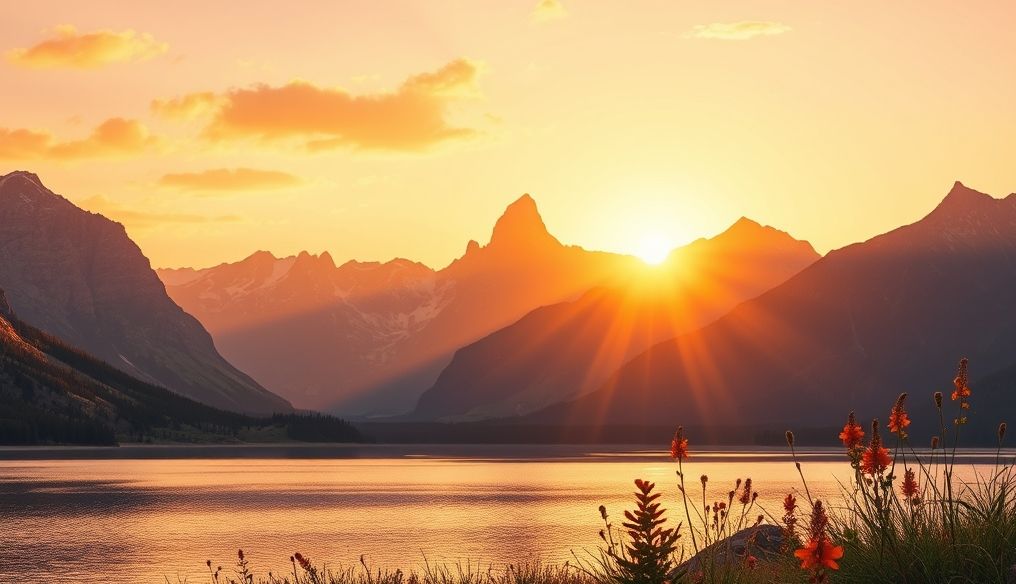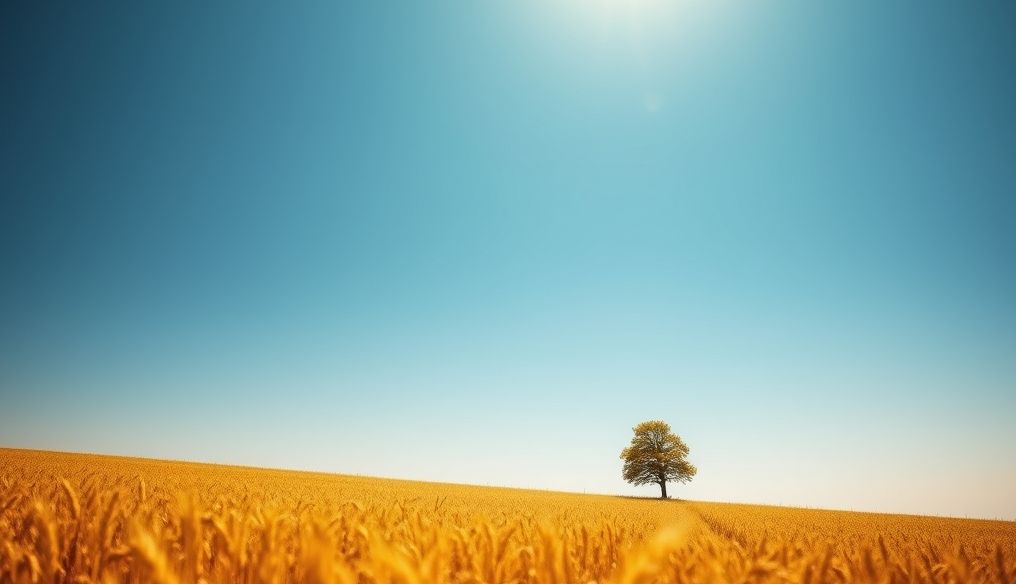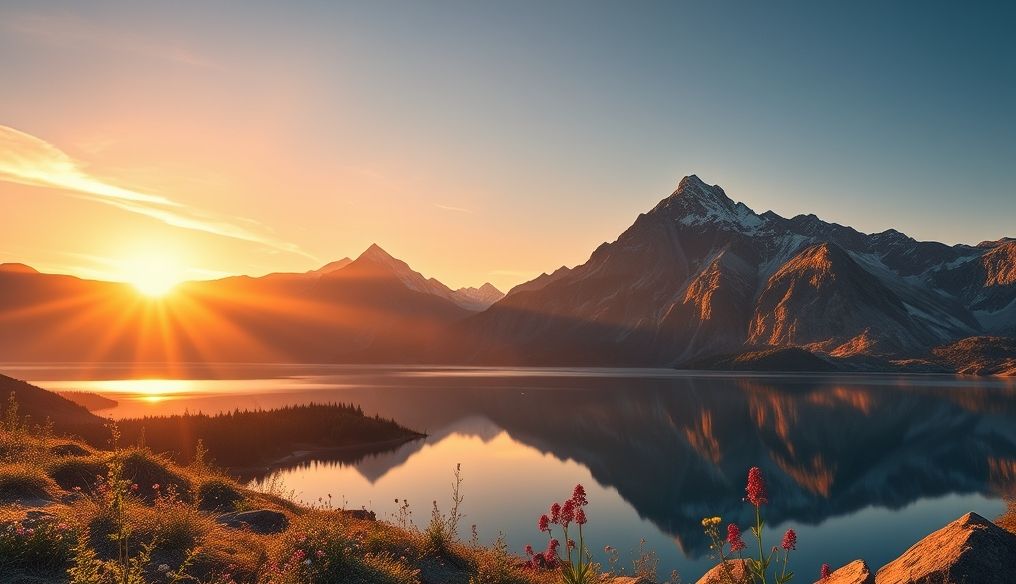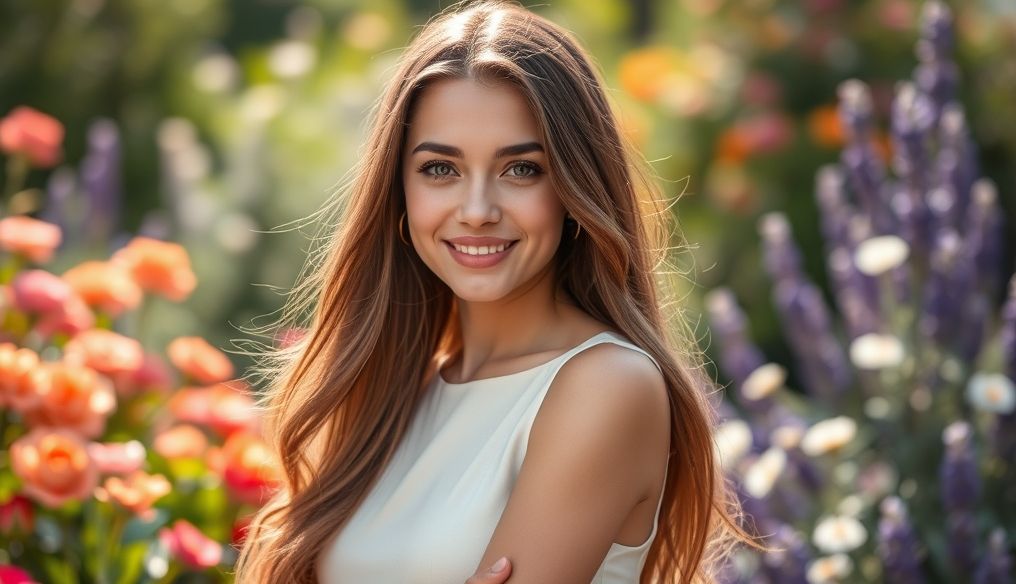Do You Need an Expensive Camera to Be a Good Photographer?
Photography is both an art and a science of capturing images. While equipment plays a role, the real question is: Do you need an expensive camera to be a good photographer? The answer, simply, is no. While expensive cameras can offer advanced features, skill and creativity are fundamental in photography.
Chapter 1: The Fundamentals of Photography
Before diving into the specifics of equipment, it's important to understand the fundamentals of photography. These fundamentals include:
- Exposure: The amount of light that reaches the camera sensor.
- Aperture: The size of the lens opening that allows light to enter.
- Shutter Speed: The length of time the shutter is open to allow light in.
- ISO: The sensitivity of the camera's sensor to light.
- Composition: The arrangement of elements within the frame to create an appealing image.
Mastering these fundamentals is more important than owning the latest and most expensive camera. You can take great photos with a modest camera if you understand these concepts.
Chapter 2: The Role of Skill and Creativity
Skill and creativity are the main drivers of good photography. A skilled photographer knows how to:
- See light and use it effectively.
- Choose the right angles.
- Frame the image attractively.
- Tell a story through the image.
Creativity allows the photographer to see the world in a unique way and express their vision through images. These abilities cannot be bought with an expensive camera.
Chapter 3: What Do Expensive Cameras Offer?
Of course, expensive cameras offer some features that can be helpful, such as:
- Larger Sensors: Provide better image quality in low-light conditions.
- Wider Dynamic Range: Allows capturing more detail in the bright and dark areas of the image.
- Faster and More Accurate Autofocus: Useful for shooting moving subjects.
- Higher Frame Rate: Allows capturing more photos per second, which is useful for shooting sports and wildlife.
- Greater Durability: Designed to withstand harsh conditions.
But are these features necessary to be a good photographer? The answer depends on the type of photography you practice.
Chapter 4: Types of Photography and Suitable Equipment
Different types of photography require different equipment. For example:
- Landscape Photography: May benefit from a camera with a large sensor and a wide-angle lens.
- Portrait Photography: May benefit from a lens with a wide aperture to create a blurred background.
- Wildlife Photography: May require a long telephoto lens to capture images of distant subjects.
- Photojournalism: May require a durable and fast camera with accurate autofocus.
However, even in these cases, great results can be achieved with less expensive equipment if you know how to use it properly.
Chapter 5: Alternatives to Expensive Cameras
If you can't afford an expensive camera, there are several alternatives you can explore:
- Entry-Level Mirrorless or DSLR Cameras: Offer good image quality at an affordable price.
- Modern Smartphones: Have powerful cameras that can take great photos in good lighting conditions.
- Used Cameras: You can find high-quality used cameras at much lower prices.
The most important thing is to choose a camera that suits your needs and budget, and focus on developing your photography skills.
Chapter 6: Tips for Improving Your Photography Skills
Regardless of the type of camera you use, there are many things you can do to improve your photography skills:
- Learn the Fundamentals of Photography: Read books, articles, and watch educational videos.
- Practice Regularly: The more you practice photography, the better your skills will become.
- Experiment with Different Settings: Don't be afraid to experiment with different camera settings to see what works best.
- Get Feedback: Ask other photographers to critique your photos.
- Be Patient: It takes time and effort to become a good photographer.
Chapter 7: The Power of Editing
Editing is an essential part of the photography process. Editing software like Adobe Lightroom and Photoshop can greatly enhance your photos. You can use editing to:
- Correct exposure and color.
- Remove blemishes.
- Enhance details.
- Add creative effects.
However, it's important to use editing sparingly. The goal is to enhance the image, not to drastically change it.
Chapter 8: Inspiration and Learning from Others
Seek inspiration from the work of other photographers. Study their photos and try to understand how they created them. You can find inspiration in:
- Art galleries.
- Specialized magazines.
- Websites and social media platforms.
Don't be afraid to imitate the style of other photographers at first. Over time, you will develop your own style.
Chapter 9: Conclusion
In conclusion, you don't need an expensive camera to be a good photographer. Skill, creativity, and practice are the most important factors. Invest your time and effort in developing these skills, and you will be able to take great photos regardless of the type of camera you use.
"The best camera is the one that's with you." - Chase Jarvis
